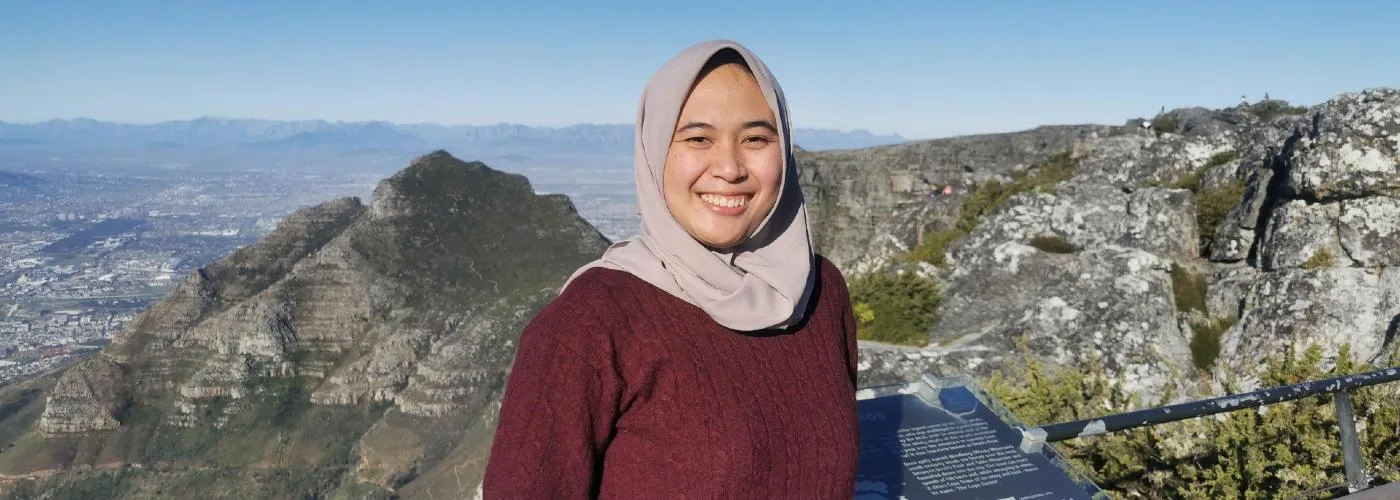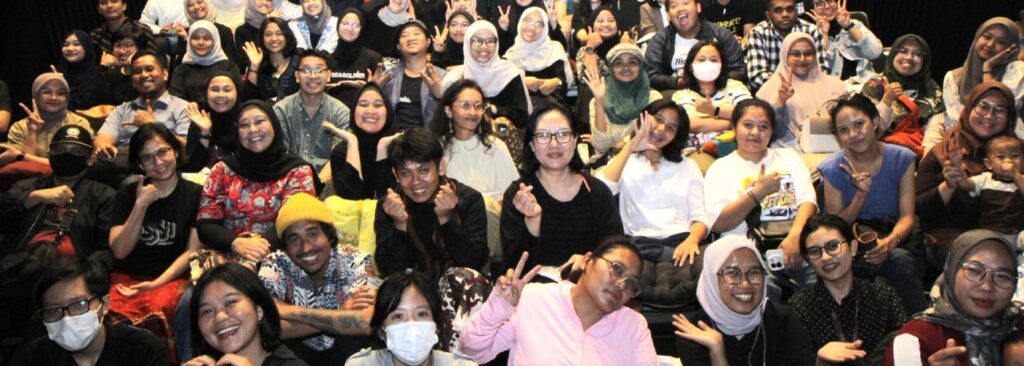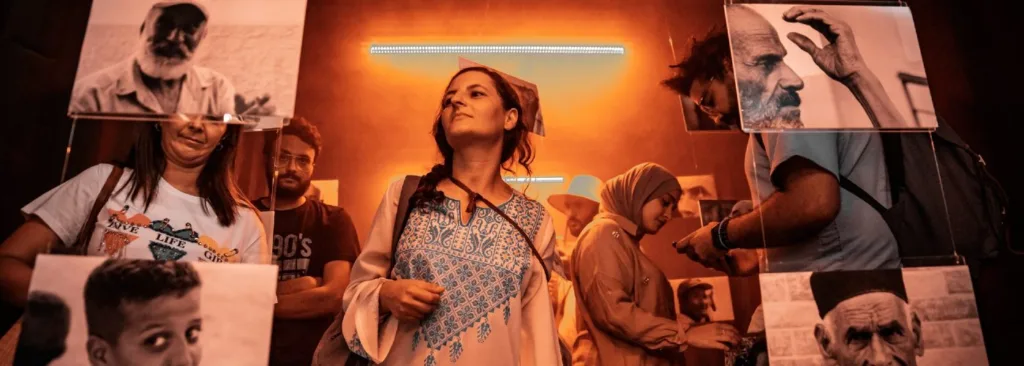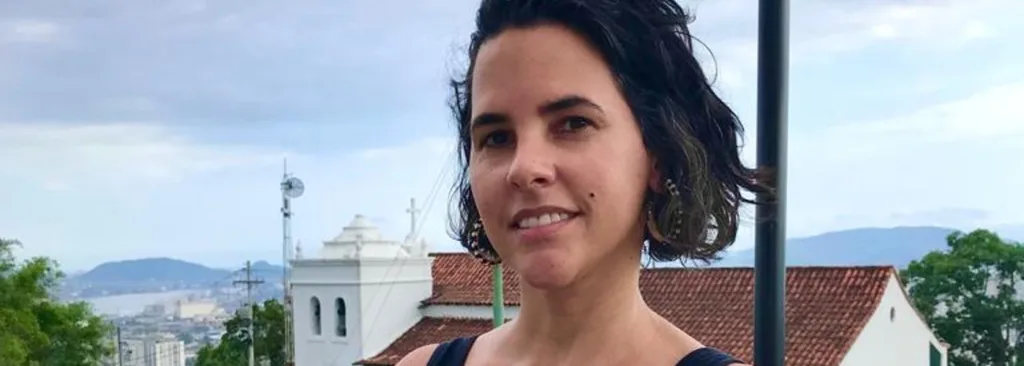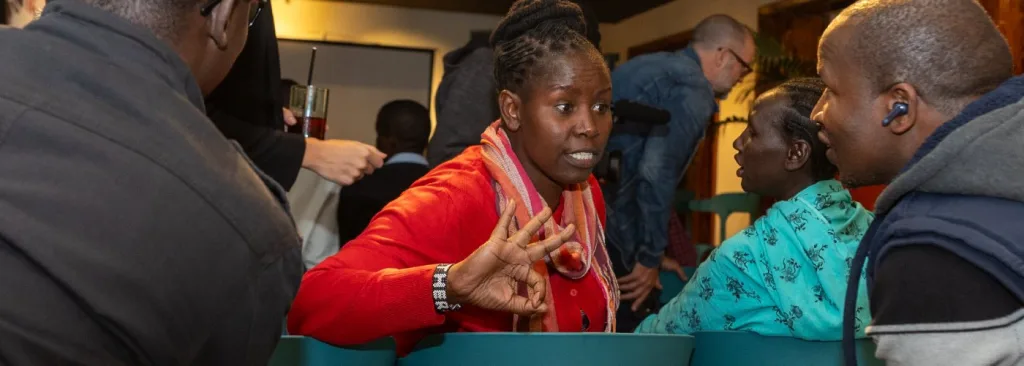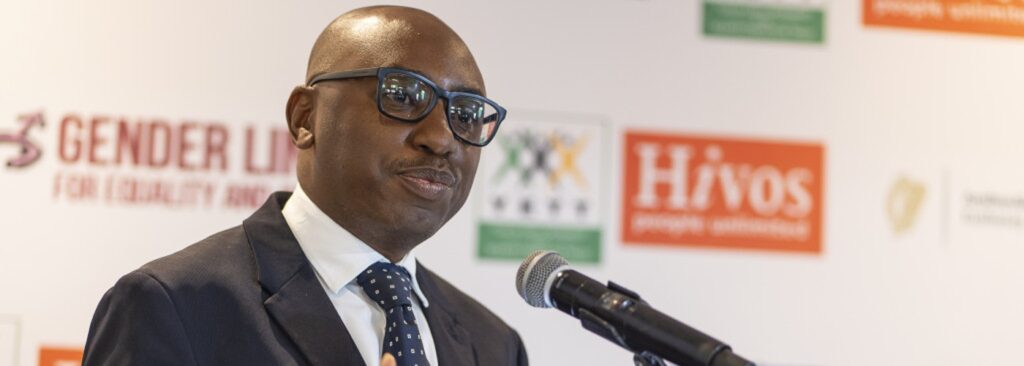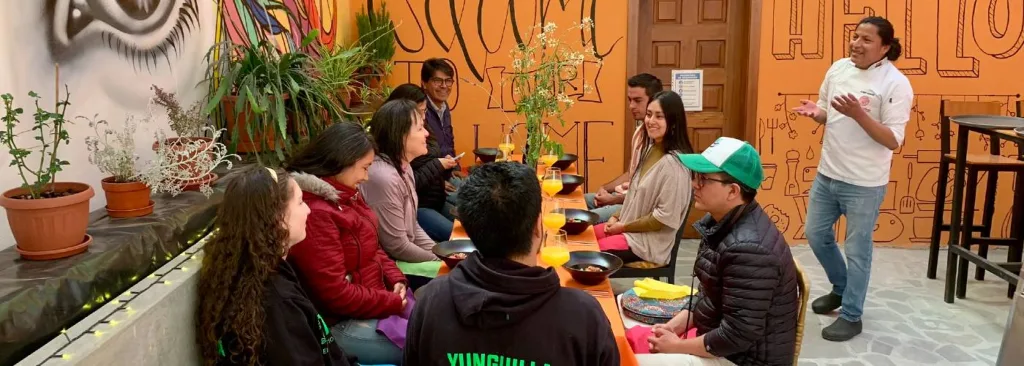Arti Indallah Tjakranegara talks about just climate action in Indonesia
Arti Indallah Tjakranegara is a program manager at Yayasan Humanis dan Inovasi Sosial (affiliated with Hivos). She runs our Voices for Just Climate Action (VCA) program, working with local communities to make their voices heard in national and global discussions on the climate crisis.
We talked to her about climate change in Indonesia, the ways it affects its people and the work Hivos is doing to fight it.
How does climate change affect Indonesia?
Indonesia is an archipelago, which makes it extremely vulnerable to the impacts of climate change, especially rising sea levels. This affects the entire country. And in the capital Jakarta the sea level is not only rising, but the land is simultaneously sinking. In some parts up to four meters in the last twenty years! This is made worse by poor urban water infrastructure. Less than half of the city has access to running water, so groundwater is illegally extracted – both by businesses and households.
On top of that, we’re experiencing more droughts, and Southeast Asia is currently dealing with an extreme heatwave. Experts also predict that El Niño (periodical climate event related to a rise in the Pacific Ocean temperatures) will probably return in the second half of 2023. This will lead to even less rainfall and longer droughts.
“The technical solutions for fighting climate change are there. The problem is a lack of political will to implement them.”
What does just climate action mean to you?
The climate crisis greatly exacerbates social injustice and inequality. In 2021, cyclone Seroja hit one of the areas where we work in the East Nusa Tenggara Province. You could see how people from middle and high-income groups recovered much more easily than those with lower incomes. When you have more money you can pay to renovate your house or even move temporarily to another location. Fisher folk, on the other hand, lose their boats and thus their primary source of income. During the months that followed they received very little support and were unable to repair their boats or buy new ones.
Smallholder famers can lose their livelihoods in the same way. Certain groups are hit harder by climate change than others. Climate action is just when it takes these differences into account.
What has Voices for Just Climate Action achieved in Indonesia?
We work with frontrunners in the struggle against climate change. Our support for the communities most affected amplifies their voices and helps them become part of decision-making about climate policies.
For example, together with women in North Jakarta we mapped out the parts of slums most vulnerable to rising sea levels. In East Nusa Tenggara we established a climate forum for the community to take part in discussions on climate change and climate policies. We also lobby for more money to go to village and district climate funds. In other areas, our VCA partners support forming fisher folk associations. Collectively they speak in a louder voice, especially if they have a space where they can talk with policy makers. We also train them to communicate the way policy makers do. This makes them more effective at demanding their rights and influencing policy.
What motivates you personally to do this work?
The technical solutions for fighting climate change are there. The problem is a lack of political will to implement them, along with the unresolved social injustices made worse by climate change. People are complex, but we need to understand them if we want to tackle problems that technology alone cannot solve. That’s why I moved from environmental engineering to development studies and sociology, and why I now work for the VCA program. We take affected people’s perspectives and situations as our point of departure in tackling climate change.
What’s next for climate justice in Indonesia?
We’re going to keep making people – especially policy makers – recognize that climate injustice exists. This is the first step towards starting to question our development and economic models. We want to make them think about who benefits from current climate solutions, and who doesn’t. It’s not until everyone recognizes the existing power imbalances that we can successfully push for programs that are more responsive to the most vulnerable communities.
About Voices for Just Climate Action
The Voices for Just Climate Action (VCA) program, initiated in January 2021, is a lobby and advocacy program implemented by an alliance led by four strong Southern CSOs: Akina Mama wa Afrika, Fundación Avina, Slum Dwellers International and SouthSouthNorth, and two Global CSOs: Hivos and WWF-Netherlands, under the Dutch Ministry of Foreign Affairs’ five-year strategic partnership: “Power of Voices.” The program aims to ensure that by 2025, local civil society and underrepresented groups will have taken on central roles as creators, facilitators, and advocates of innovative and inclusive climate solutions.

